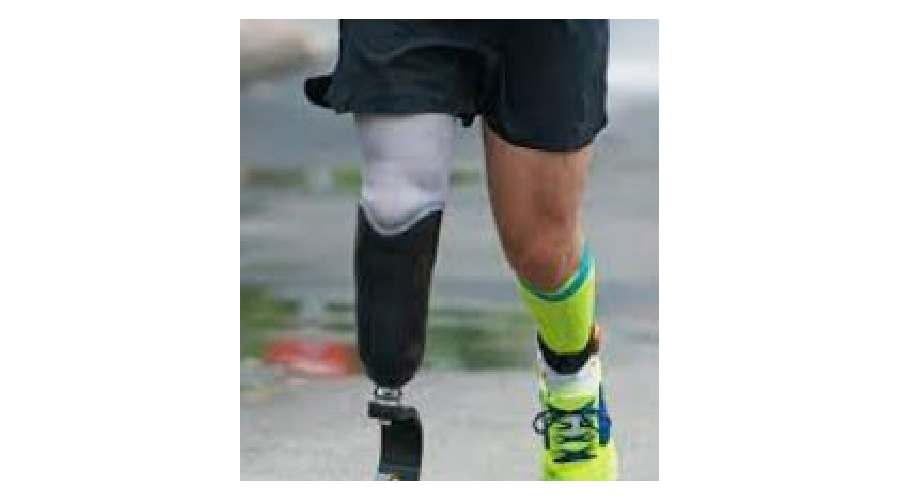8 September 2022
Australia is encouraged to support limbless disabled persons in the Solomon Islands by providing prosthetic (artificial) limbs and seeing to the early return of a rehabilitation workshop at the NRH for the custom fitting of prosthetics.
In August this year, Australia through the Department of Foreign Affairs and Trade supported the Pacific Disability Forum (PDF) to undertake research focused on the vulnerabilities and opportunities for building climate and disaster resilience of persons with disabilities in the Pacific.
The research was exploratory and included participants from Solomon Islands, Kiribati, and Tuvalu, who were willing to share their experiences and stories.
Also in August, the Pacific Disability Forum, together with the Australian High Commission,
The report was said to play a crucial role, beginning with the meaningful participation of persons with disabilities at every stage.
Support for the disabled is important and Australia’s role is welcomed in the context of extending help in terms of climate and disaster resilience for them.
My concern extends much wider because in the Solomon Islands I am reliably informed as many as six or more patients that have succumbed to diabetes, common in the country, undergo surgery every week to have a lower limb removed, usually a leg or a foot
There growing numbers add to the many hundreds, some estimate as many as 500, former patients of the NRH that had a limb surgically removed over past years, but have not been given the chance of rehabilitation by being fitted with a prosthetic limb.
I have repeatedly requested information from the responsible authorities at the NRH for precise numbers of former patients needing help with an artificial limb to aid their mobility and maybe a chance to rejoin the work force and gain income to support their families. My requests for such information, although once promised, as not been met.
In a similar manner my request to learn of the conversation of a gifted modular building three years ago already to serve as a replacement rehabilitation workshop has also hit a blank.
300 metal crutches were supplied to the NRH about two years ago as temporary walking aids and wheel chairs given through my partner charity ‘Take My Hands’ in the previous years, but the rehabilitation of the former NRH patients having lost a limb is matter that just drags on and on and the rights and needs of those patients is not a matter that can simply be forgotten.
I therefore turn to Australia and the support expressed by that diplomatic partner of the Solomon Islands for the disabled, but now to go the extra mile while not forgetting the promised aid to the disabled during times of emergency that climate change may well see bring about.
No longer can the hundreds of limbless former NRH patients be forgotten or denied their human rights and common decency in getting rehabilitation assistance – and given an artificial limb.
Yours sincerely
Frank Short



